GPU shipments were way up during Q1 as Nvidia, AMD, and others struggle to meet ongoing pandemic-driven demand.
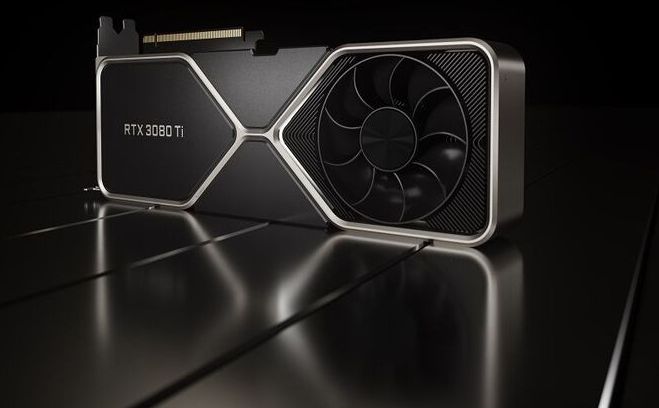

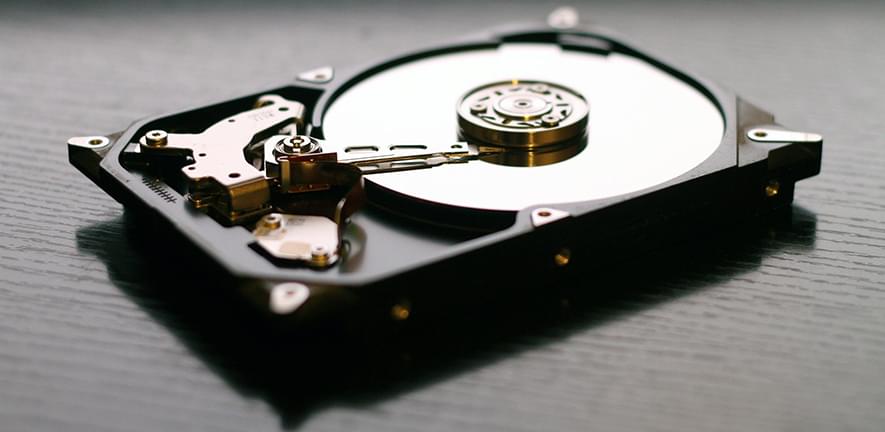
Graphene can be used for ultra-high density hard disk drives (HDD), with up to a tenfold jump compared to current technologies, researchers at the Cambridge Graphene Center have shown.
The study, published in Nature Communications, was carried out in collaboration with teams at the University of Exeter, India, Switzerland, Singapore, and the US.
HDDs first appeared in the 1950s, but their use as storage devices in personal computers only took off from the mid-1980s. They have become ever smaller in size, and denser in terms of the number of stored bytes. While solid state drives are popular for mobile devices, HDDs continue to be used to store files in desktop computers, largely due to their favorable cost to produce and purchase.
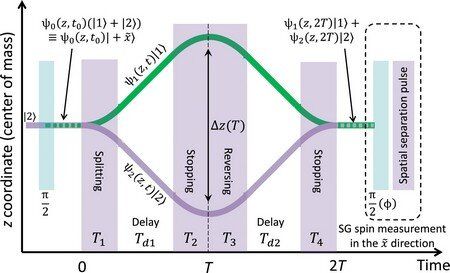
Physicists in Israel have created a quantum interferometer on an atom chip. This device can be used to explore the fundamentals of quantum theory by studying the interference pattern between two beams of atoms. University of Groningen physicist, Anupam Mazumdar, describes how the device could be adapted to use mesoscopic particles instead of atoms. This modification would allow for expanded applications. A description of the device, and theoretical considerations concerning its application by Mazumdar, were published on 28 May in the journal Science Advances.
The device, created by scientists from the Ben-Gurion University of the Negev, is a so-called Stern Gerlach interferometer, which was first proposed 100 years ago by German physicists Otto Stern and Walter Gerlach. Their original aim of creating an interferometer with freely propagating atoms exposed to gradients from macroscopic magnets has not been practically realized until now. “Such experiments have been done using photons, but never with atoms,” explains Anupam Mazumdar, Professor of Theoretical Physics at the University of Groningen and one of the co-authors of the article in Science Advances.
The Israeli scientists, led by Professor Ron Folman, created an interferometer on an atom chip, which can confine and/or manipulate atoms. A beam of rubidium atoms is levitated over the chip using magnets. Magnetic gradients are used to split the beam according to the spin values of the individual atoms. Spin is a magnetic moment that can have two values, either up or down. The spin-up and spin-down atoms are separated by a magnetic gradient. Subsequently, the two divergent beams are brought together again and recombined. The spin values are then measured, and an interference pattern is formed. Spin is a quantum phenomenon, and throughout this interferometer, the opposing spins are entangled. This makes the interferometer sensitive to other quantum phenomena.
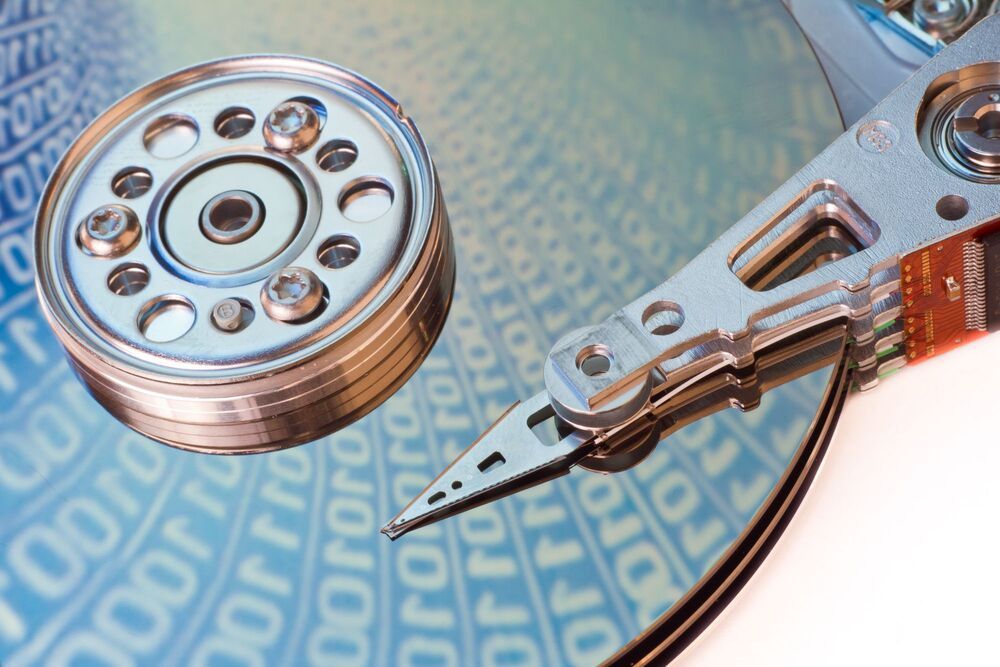
Researchers have found that graphene-enhanced hard drives can store data at ten times the density of existing HDDs.
By leveraging the wonder material graphene, a group at the University of Cambridge is claiming an advance in data storage that resembles more of a leap than a step forward. The new design unlocks higher operating temperatures for hard disk drives (HDDs) and with it, unprecedented data density, which the team says represents a ten-fold increase on current technologies.
In a HDD, data is written onto fast-spinning platters by a moving magnetic head. Special layers called carbon-based overcoats (COCs) protect these platters from mechanical damage and corrosion during operation, though these can only perform within a certain temperature range and also take up a lot of space.
The Cambridge researchers were able to replace the COCs used in commercial HDDs with between one and four layers of graphene, a material that is a single layer of carbon atoms with incredible strength and flexibility, among other highly-valued properties. The thinness of the graphene enabled significant space savings but also outperformed current COCs in preventing mechanical wear, reduced corrosion by 2.5 times and also offered a two-fold reduction in friction.

To test the Standard Model of particle physics, scientists often collide particles using gigantic underground rings. In a similar fashion, high-pressure physicists compress materials to ever greater pressures to further test the quantum theory of condensed matter and challenge predictions made using the most powerful computers.
Pressures exceeding 1 million atmospheres are capable of dramatically deforming atomic electronic clouds and alter how atoms are packed together. This leads to new chemical bonding and has revealed extraordinary behaviors such as helium rain, the transformation of sodium into a transparent metal, the emergence of superionic water ice and the transformation of hydrogen into a metallic fluid.
With new techniques constantly advancing the frontier of high–pressure physics, terapascal (TPa) pressures that were once inaccessible can now be achieved in the laboratory using static or dynamic compression (1 TPa is equivalent to approximately 10 million atmospheres).
Check out this short educational video in which I explain some super exciting research in the area of nanotechnology: gigadalton-scale DNA origami! I specifically discuss a journal article by Wagenbauer et al. titled “Gigadalton-scale shape-programmable DNA assemblies”.
Here, I explain an exciting nanotechnology paper “Gigadalton-scale shape-programmable DNA assemblies” (https://doi.org/10.1038/nature24651).
Though I am not involved in this research myself, I have worked in adjacent areas such as synthetic biology, nanotechnology-based tools for neuroscience, and gene therapy. I am endlessly fascinated by DNA origami and would love to use it in my own research at some point in the future.
I am a PhD candidate at Washington University in St. Louis and the CTO of the startup company Conduit Computing. I am also a published science fiction writer and a futurist. To learn more about me, check out my website: https://logancollinsblog.com/.
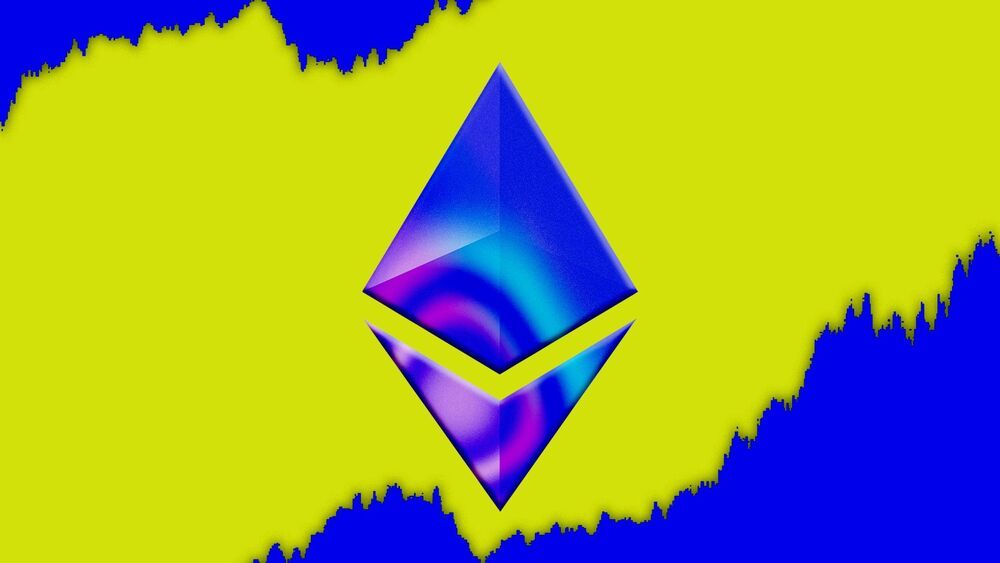
Antivirus software company Norton has released a new crypto product that allows users to mine ether (ETH) from their personal computers.
NortonLifeLock, formerly Symantec Corporation, has released a new crypto product that allows users to mine ether (ETH) from their personal computers.
The product, Norton Crypto, is currently available to select customers who use the company’s antivirus software called Norton 360. The public launch of the product is expected “in the coming weeks.”
How does the product work? A crypto-mining software is installed within Norton 360, which allows users to run it when their computers are idle.
Erika Woodrum/HHMI/NatureTwo tiny arrays of implanted electrodes relayed information from the brain area that controls the hands and arms to an algorithm, which translated it into letters that appeared on a screen.

At Boston University, a team of researchers is working to better understand how language and speech is processed in the brain, and how to best rehabilitate people who have lost their ability to communicate due to brain damage caused by a stroke, trauma, or another type of brain injury. This type of language loss is called aphasia, a long-term neurological disorder caused by damage to the part of the brain responsible for language production and processing that impacts over a million people in the US.
“It’s a huge problem,” says Swathi Kiran, director of BU’s Aphasia Research Lab, and College of Health & Rehabilitation Sciences: Sargent College associate dean for research and James and Cecilia Tse Ying Professor in Neurorehabilitation. “It’s something our lab is working to tackle at multiple levels.”
For the last decade, Kiran and her team have studied the brain to see how it changes as people’s language skills improve with speech therapy. More recently, they’ve developed new methods to predict a person’s ability to improve even before they start therapy. In a new paper published in Scientific Reports, Kiran and collaborators at BU and the University of Texas at Austin report they can predict language recovery in Hispanic patients who speak both English and Spanish fluently—a group of aphasia patients particularly at risk of long-term language loss—using sophisticated computer models of the brain. They say the breakthrough could be a game changer for the field of speech therapy and for stroke survivors impacted by aphasia.
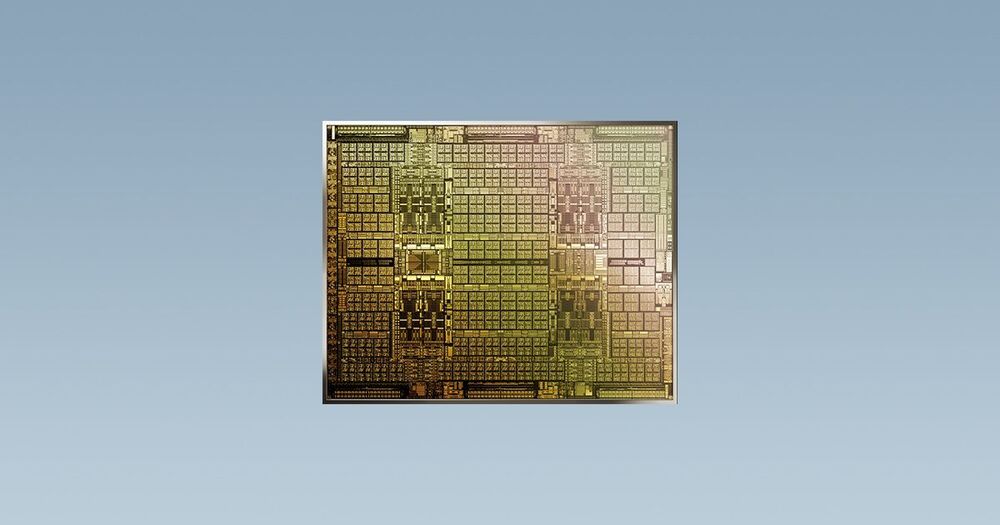
The Nvidia 170HX could offer an Ethereum hash rate way in excess of an RTX 3090 for less power.
The latest rumours point to a brand new Nvidia cryptocurrency mining processor that’s capable of an Ethereum mining hash rate 164MH/s. If you’re not familiar with the hash rates of cryptocurrency mining, that make it an absolute whopper of a card—the GeForce RTX 3090 is somewhere in the region of 120-130MH/s. Wild, right?
It’s called the 170HX, says Twitter leaker 9550Pro, and it will feature 4480 CUDA Cores and run at 250W. Its secret, how it manages to out mine a beefier card in the 350W RTX 3090, is the choice of memory. There’s just 8GB of it on the reported card but that 8GB is made up of HBM2e, the HBM in which literally stands for High Bandwidth Memory.